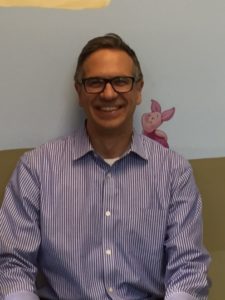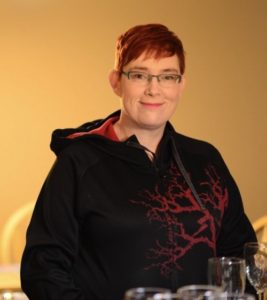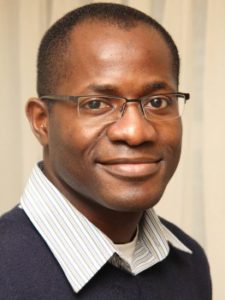
– Photo supplied by CMN
Chronic pain and substance use disorders are serious, complex conditions. Twenty per cent of Canadians report having chronic pain, and, in the first six months of 2020, nearly three Albertans died each day due to unintentional opioid poisoning.
The Collaborative Mentorship Network for Chronic Pain and Addiction (CMN) addresses the urgent need for local management options within primary care settings by building capacity and competencies within the medical home and medical neighbourhood.
The CMN is an Alberta College of Family Physicians program. After receiving a funding contribution from Health Canada’s Substance Use and Addictions Program in 2020, the CMN has expanded this network from only family physicians to include other medical professionals such as nurses, pharmacists, social workers, and other related disciplines.
Supports offered through CMN membership include educational opportunities, additional knowledge sharing, and peer-to-peer mentorship. Members can make connections and expand their knowledge through free resources such as the CMN community discussion board, education events, and monthly virtual collaboration forums. About 65 per cent of CMN members also participate in mentorship. Members who have decided to be a mentor and/or a mentee are provided with an infrastructure to establish a trusted mentoring relationship within a community of practice.
Dr. Dino Smiljic, a mentor from Canmore, recognizes how important mentorship can be to help clinicians feel more comfortable treating these challenging conditions.
“What it boils down to is improving patient outcomes by improving the physician’s confidence in making changes where change is scary,” Dr. Smiljic said. “Mentorship can improve communication between patient and physician, because the physician is not prescribing from a place of fear or hesitancy.”
Dr. Smiljic also believes that mentoring helps improve his own practice as much as it does his mentees. He feels that having a mentee describe their patient becomes a mini-case study for the mentor. The relationship between mentor and mentee is not hierarchical; it is two-way and collegial.

– Photo supplied by CMN
Dr. Janine Karpakis, a mentor from Lethbridge, finds that the mentorship has been flexible to her needs. Her mentees have her phone number and email address, and often will give her a call with a specific question or request for feedback. She quickly addresses the question and moves on with her day.
“People know I have a special interest in [substance abuse disorder] medicine, so peers will pick up the phone and just say ‘Janine, I have someone who needs Suboxone, what do I do?’ So I can quickly give them advice,” Dr. Karpakis said. “It’s done, their day is easier, and I carry on.”
Dr. Karpakis sees value in what the CMN has to offer.
“Networking is really important, and the way forward,” she added. “We need to find low-cost ways to support each other. It’s important to know who to call when you’re in a bind or to have access to the CMN discussion board to make a post and get quick and easy answers from other members.”
Dr. Joseph Ojedokun from Whitecourt also finds value in CMN resources for himself and his mentees.
“It’s good to hear what colleagues are doing from all over. From Lethbridge to High Level, from south to north, you are able to compare your practice and learn,” Dr. Ojedokun explained.

– Photo supplied by CMN
He especially enjoys the CMN’s Virtual Collaboration Forums and has even reviewed recordings of them to apply in practice. When one of his patients was withdrawing from heroine and crystal meth, Dr. Ojedokun found information on using ketamine and sedatives to help patients through withdrawal on the November Forum. Recordings of all educational sessions are posted in the resource library, located on the online CMN community discussion board.
As a mentor, Dr. Ojedokun finds opportunity for personal growth.
“You can’t mentor someone without growing. It tests your knowledge,” he said, “If you want your children to truly learn, have them teach you what they learned at school.”
He feels that through mentoring you learn patience, understanding, active listening, and empathy.
“A lot of mentorship is not about guiding people on what to do, it’s about validating and encouraging them,” Dr. Ojedokun added. “Mentors don’t have to know everything, they just have to be good cheerleaders.”
The CMN is always looking for mentors in all disciplines. If you have some experience with chronic pain and/or substance use disorder, please consider joining the CMN as a mentor.
For more information on the CMN, please watch the Welcome Video from the CMN Medical Lead, Dr. Cathy Scrimshaw. Join the CMN today for access to all of these free resources and opportunities.
– Agatha Grochowski
